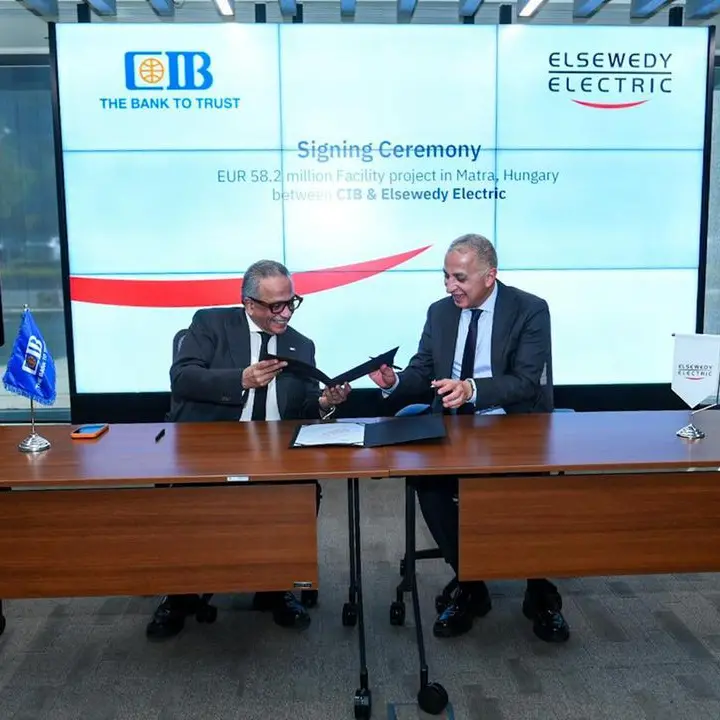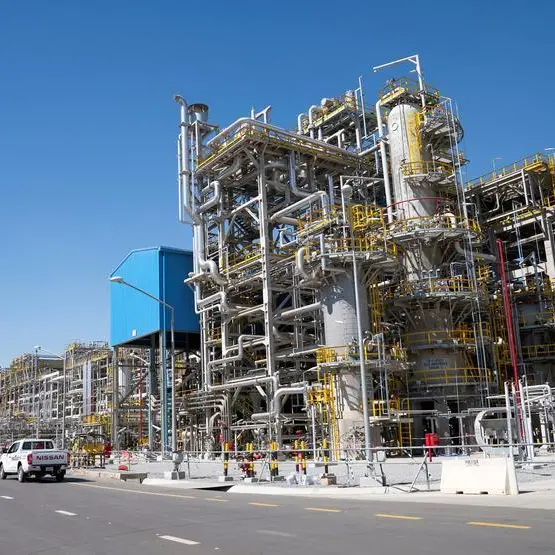PHOTO
Issam Fares Institute for Public Policy and International Affairs (IFI) at the American University of Beirut (AUB) and the Clean Energy Business Council (CEBC) have jointly released a whitepaper identifying the building blocks for developing the ESCO (Energy Services Company) market in Lebanon.
The paper lists out a series of ptechnical, financial and policy recommendations to improve energy efficiency in Lebanon.
“Energy Efficiency is the lowest hanging fruit for countries to achieve energy security and reduce their oil, gas and coal demand by reducing their overall energy demand. With the ongoing deep energy crisis in Lebanon, building an energy efficiency market is essential along with decreasing the technical and non-technical losses and increasing power generation capacity,” said Nasser Saidi, Chairman of Clean Energy Business Council (CEBC).
Efforts taken by MENA countries to reform their energy policies and prioritise energy efficiency are not translating into large-scale action, the white paper said.
Lebanon currently lacks the enabling environment for a well-established ESCO market and challenges include lack of stringent regulatory framework and project financing, and the absence of certifications, it noted.
Recommendations
The following recommendations were made by the paper to overcome barriers and develop the ESCO market in Lebanon.
*Prioritise energy efficiency at the policy level.
* Set ambitious, but achievable, energy efficiency targets to incentivise energy efficiency.
* Ratify the draft Energy Conservation Law, which will promote the reduction and efficiency in energy use in the residential, commercial, and industrials sectors of Lebanon, targeting both behavioural changes and a more efficient stock of appliances and equipment.
*Identify a regulatory body in charge of introducing energy audit guidelines, certifications and accreditations of ESCOs, training and capacity building, and provision of transparency measures to ESCO contracts.
* Reform electricity tariffs’ subsidies to further incentivise more energy efficiency projects by ESCOs.
*Assess the energy-intensive sectors, and enable the environment for the integration and employment of ESCO tools to address them.
*Engage the public sector through the introduction of awareness campaigns that encourage the implementation of ESCO services.
*Combine public and private financing through Public Private Partnerships (PPPs).
*Introduce Super ESCOs to further develop the ESCO market and enable existing ESCOs to operate more efficiently.
*Use equity funds and joint venture transactions to enable public funding and private-sector capital flows into ESCO projects to accelerate their growth.
*Introduce measurement and verification (M&V) schemes and country-specific guides to determine the energy, water, and cost savings that would be delivered from the installation of efficiency measures, such as the International Performance Measurement and Verification Protocol (IPMVP).
*Introduce workshops on EPC [Energy Performance Contracting] and develop business plans for ESCOs to support the growth of the ESCO market, especially in contexts where the ESCO market is experiencing slow growth (as seen in Morocco).
(Writing by Sowmya Sundar; Editing by Anoop Menon)





















